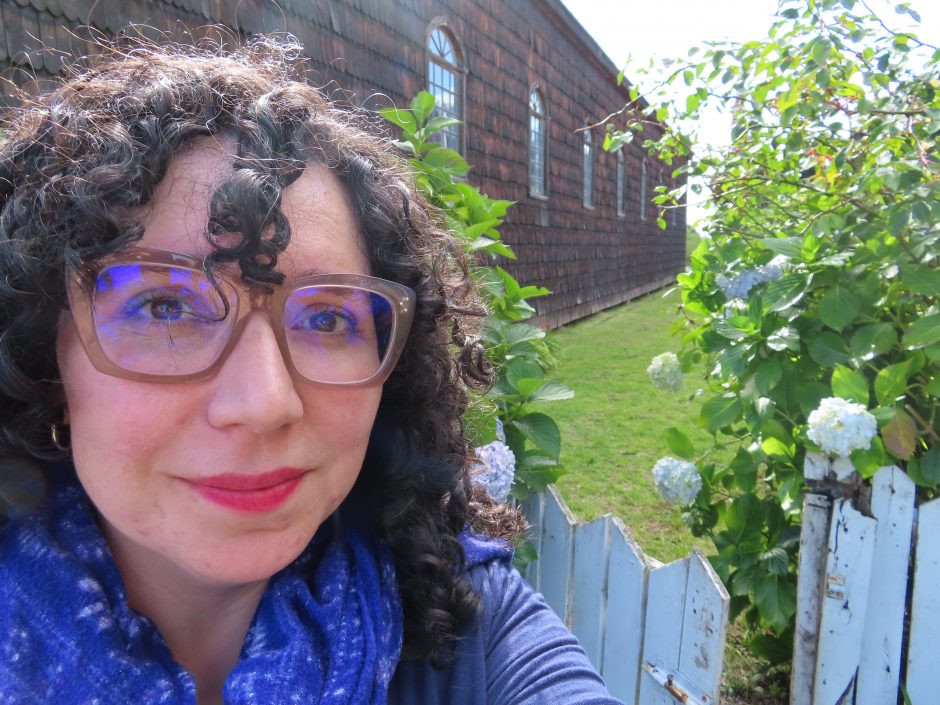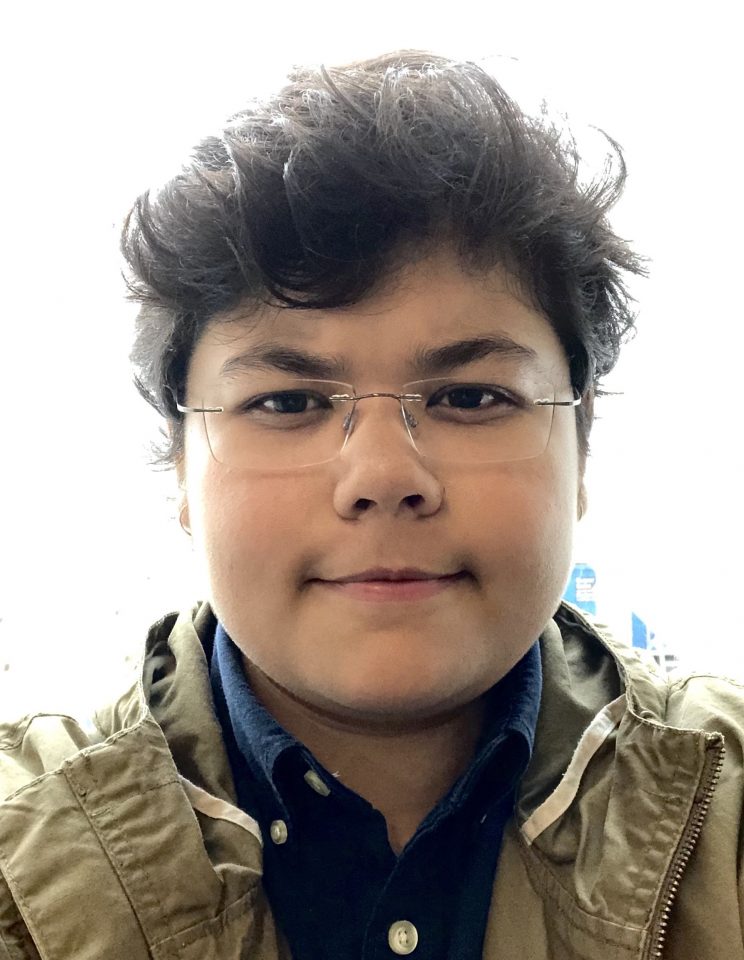1. Women+ counter-mapping hydrosocial territories: activists’ practices of knowledge co-production in the Chiloé archipelago (southern Chile)
2. Developing a field-scale crop yield prediction model using satellite and environmental data – Jumi cancelled. She is sick.
Time: 12:30pm to 1:20pm
Location: Changed to AERL Building Room 107 (2202 Main Mall)
View Video Here
Talk summary:
The Chiloé archipelago (in southern Chile) is considered one of the world’s priority areas for ecosystem conservation. Although this zone has high rainfall throughout the year, several localities face seasonal water scarcity driven by climate change, over-exploitation of peatlands and native forests, and other environmental interventions. Peasant and Indigenous women have been the primary knowledge keepers of Chiloé’s ecological and cultural heritage, although they have been excluded from natural resource-related decision-making processes. In 2021, an organization of islander women+’s water defenders – the Asamblea de Mujeres por las Aguas (AMIPA) – started identifying and geo-locating water-related problems and conflicts in the archipelago. As an experience driven by activists/researchers, this counter-mapping process is challenging dominant narratives about water and territories while enhancing anti-patriarchal and anti-colonial ways of organizing and building collaborative knowledge.

Bio:
Evelyn Arriagada is an anthropologist and holds an MA in social sciences (Universidad de Chile), an MA in Political and Social Sciences (Universitat Pompeu Fabra), and is a Ph.D. candidate at the Institute for Resources, Environment and Sustainability (UBC). Her dissertation focuses on shifting subjectivities and hydrosocial relationships in contemporary water justice movements in Chile. Her Ph.D. is supported by a Vanier CGS Award, Killam Doctoral Scholarship, Public Scholar Initiative, and the National Agency for Research and Development (ANID – Chile) – among other funding. Her most recent co-authored publication explores the experiences of ‘lived environmental citizenship’ in female rural leaders in central Chile.
Talk summary:
This talk is cancelled. Jumi is sick.
Timely and reliable estimation of crop production is essential for strategic decision making in the agricultural system. Recently, detailed ground-based field-scale yield datasets have become available providing a timely opportunity for using high spatial resolution observational data for model training. The key research objective was to develop a crop-yield prediction model using satellite and biophysical data and calibrated using field-scale yield monitor data. We conducted a thorough assessment using machine and deep learning methods and different combinations of features. Results showed that an integrated dataset combining different types of inputs improved yield estimation over using only satellite-based inputs. Random Forests recorded the highest prediction accuracy in comparison to all other modeling algorithms for every crop. Using the optimized model for within-season yield forecasting, we found that reasonable field level forecasts can be achieved within three months of lead time before harvesting for canola and wheat.

Bio:
Jumi is a PhD candidate working under the supervision of Dr. Navin Ramankutty. She is pursuing her research interests in mobilizing methods from data science to answer questions about food security. Her PhD work specifically focuses on developing modeling methods using different datasets for improving prediction of crop production. Jumi has an interdisciplinary academic background and has completed studies in analytics, economics, and business.